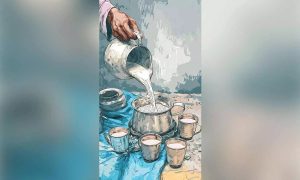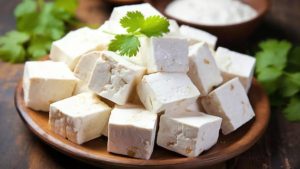
In less than two months, district milk unions that procure milk from farmers across the State have reduced procurement price for the second time as the market for milk and milk products is yet to pick up.
The COVID-19 related lockdown since March 25 has severely affected the finances of the unions.
While the district unions slashed the procurement price between ₹1.5 and ₹2.5 per litre of milk in April, they are resorting to the second round of cut to the level of ₹1, as unions have run into losses to a tune of several crores.
Unions in Bengaluru, Tumakuru, Mandya, and Kolar, among the highest milk contributors in the State, have resorted to the second round of cut. If all 14 unions resort to cuts, which is likely, over 2 million farmers, who are members of village-level milk societies, will be affected. “We have no choice but to reduce procurement price. Other unions have also done it and some are expected to announce it shortly. The market for milk has shrunk since the lockdown. We have a pile of butter and skimmed milk powder whose costs have come down and cheese has no takers,” Bengaluru Milk Union Ltd. (BAMUL) president Narasimhamurthy told The Hindu. “This is only a temporary measure to tide over the crisis, and the price that prevailed before lockdown will be restored as market improves,” he added.
BAMUL, one of the largest milk unions in the State, is currently procuring about 17.35 lakh litres daily while the total procurement by unions in the State is about 80 lakh litres a day. It resorted to a cut of ₹1.5 per litre in April and ₹1 per litre this week, reducing the procurement price from ₹29 per litre to ₹26.5 per litre.
Different rates
The procurement price varies in milk unions, and is tied up with the financial condition of the respective unions. Incidentally, BAMUL is among the strongest unions in the State. Besides, milk farmers in the State also get ₹5 per litre from the State government as incentive.
Sources in BAMUL acknowledged that the reduction will hit farmers, who are already in deep trouble due to the lockdown. “Milk contributes to the sustenance of rural economy as farm produce has been affected by vagaries of nature. In south Karnataka especially, milk farming has empowered families financially.”
The average cost of milk production is between ₹30 and ₹37 per litre if labour is hired and fodder is purchased. “Because farmers themselves involve and fodder is available at the village level, the procurement price is manageable. Otherwise, it is a loss,” sources said.
Mr. Narasimhamurthy pointed out that BAMUL, which was selling about 11 lakh litres of milk daily, has seen its share declining to less than 9 lakh now, and the cost of producing skimmed milk powder remained high. “The free milk supply scheme in which 1.85 lakh litres was distributed during the lockdown ended on May 1, and this milk also remains. Currently, there is no crisis to pay farmers and we will continue to procure as much milk produced by farmers.”
















